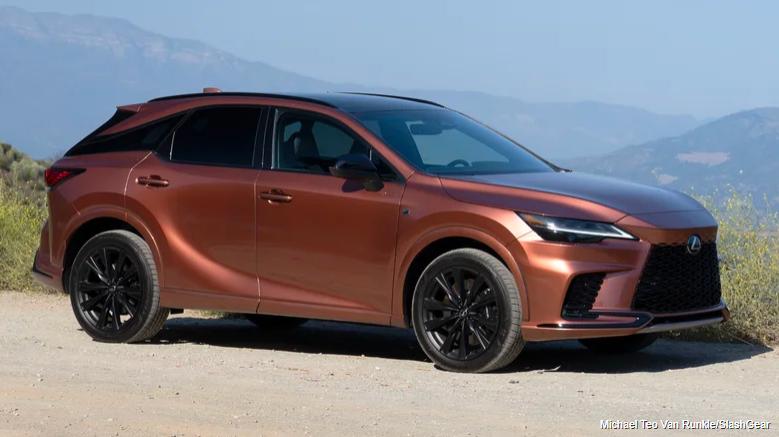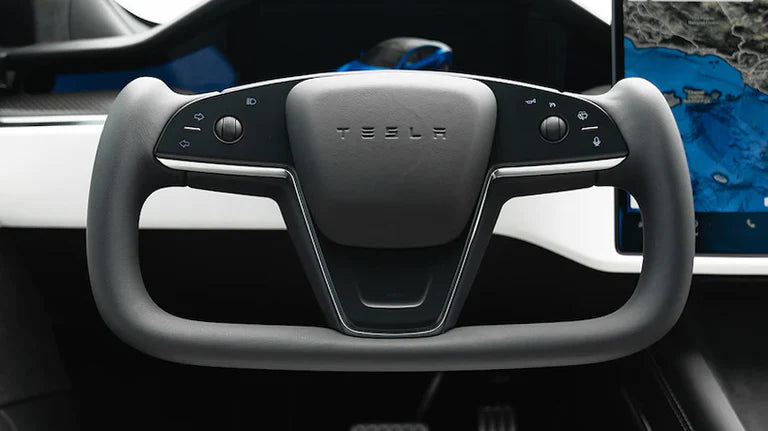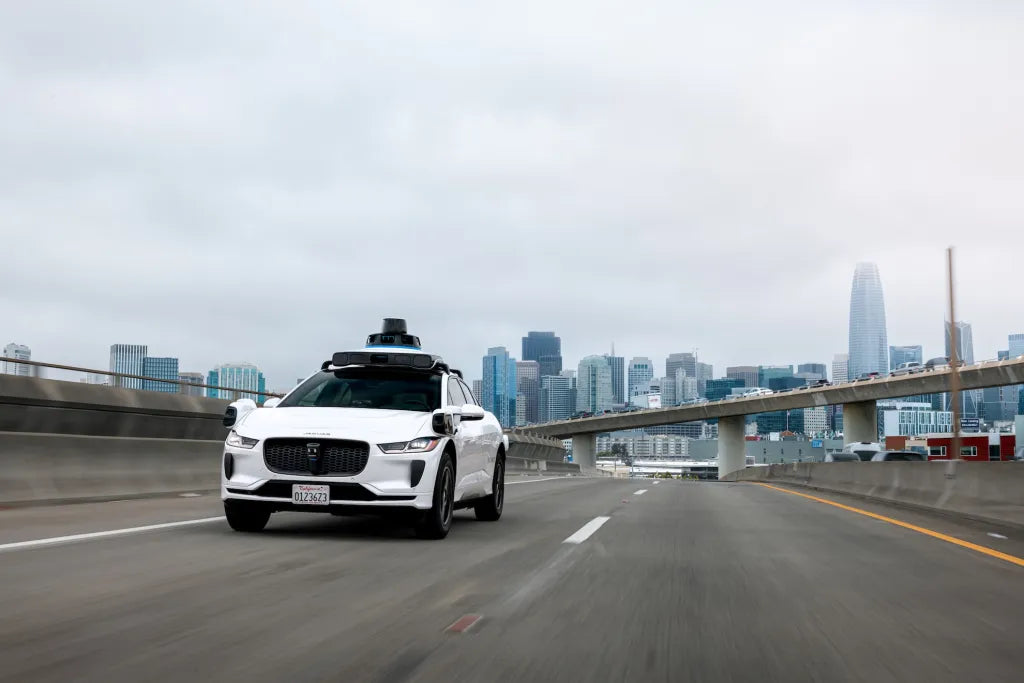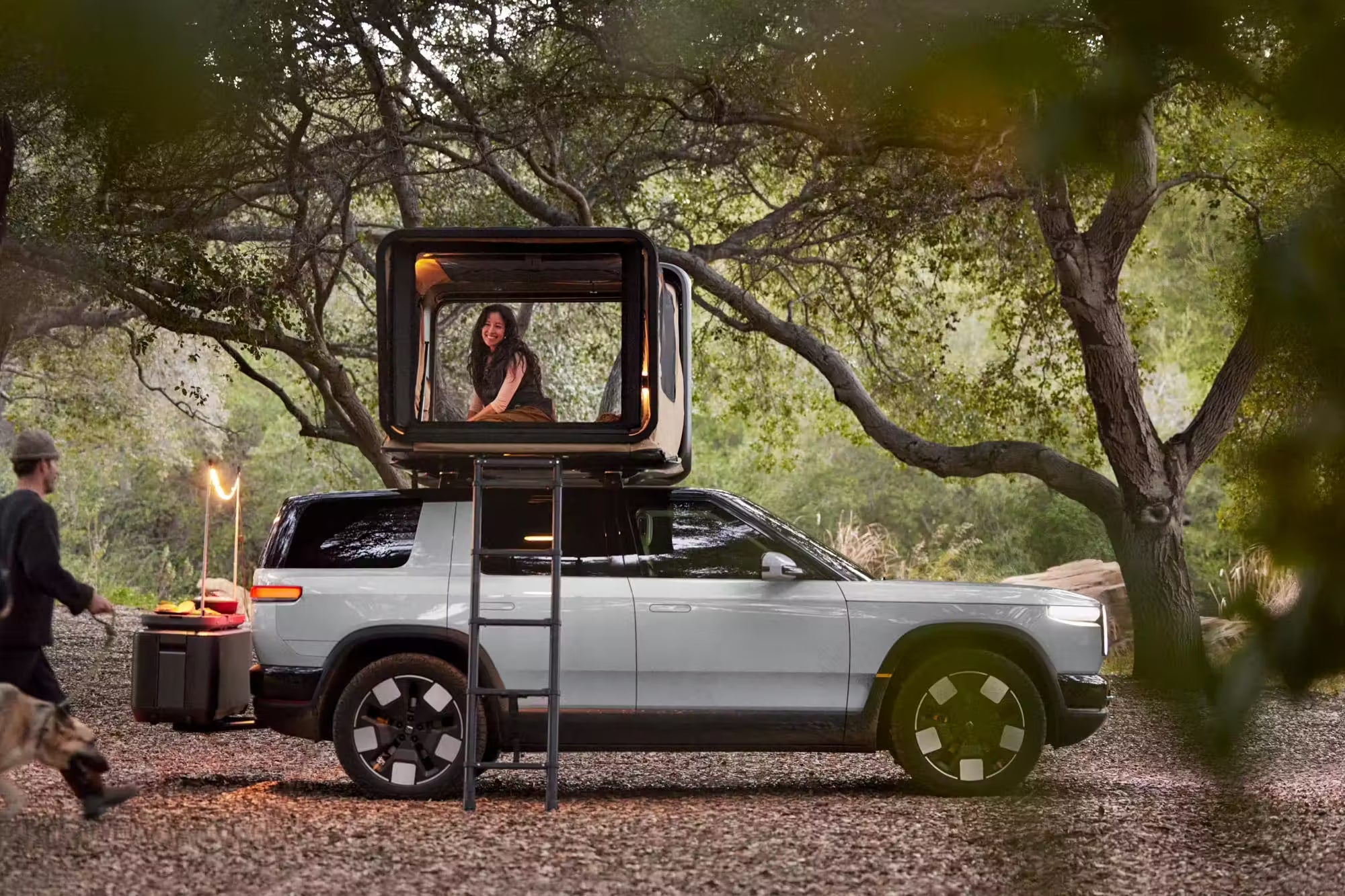Les voitures hybrides ont suscité un intérêt considérable dans l'industrie automobile grâce à leur capacité à combler l'écart entre les moteurs à combustion interne traditionnels (MCI) et les véhicules 100 % électriques (VE). En combinant les atouts des deux systèmes, les hybrides offrent une option attrayante aux consommateurs soucieux de l'environnement et aux passionnés de technologie. Cet article explore les avantages, la situation actuelle du marché, les chargeurs compatibles et les perspectives d'avenir des véhicules hybrides.
Avantages des voitures hybrides
-
Efficacité énergétique
Les véhicules hybrides sont réputés pour leur excellent rendement énergétique. En combinant un moteur à essence et un moteur électrique, ils réduisent considérablement la consommation de carburant, notamment en ville, où les embouteillages permettent au freinage régénératif de recharger la batterie. -
Réduction des émissions
L'une des principales raisons de la popularité des véhicules hybrides est leur empreinte carbone réduite. Comparés aux véhicules thermiques classiques, les véhicules hybrides émettent moins de gaz à effet de serre, ce qui en fait un choix écologique. -
Économies de coûts
Malgré leur coût initial plus élevé, les véhicules hybrides permettent souvent d'économiser à long terme grâce à une consommation de carburant et un entretien réduits. De nombreux gouvernements offrent également des incitations fiscales ou des réductions aux propriétaires de véhicules hybrides. -
Expérience de conduite en douceur
Les systèmes hybrides assurent une transition fluide entre l'électrique et l'essence, offrant une accélération douce et un fonctionnement silencieux. Le moteur électrique assiste l'accélération initiale, souvent au moment où les moteurs à essence sont les moins performants. -
Réduction de la dépendance aux combustibles fossiles
En consommant moins d’essence, les véhicules hybrides contribuent à réduire la dépendance aux combustibles fossiles, ce qui est essentiel pour la sécurité énergétique et la durabilité.
État actuel du marché
En 2024, les voitures hybrides détiennent une part importante du marché automobile mondial . Des constructeurs clés comme Toyota, Honda et Ford continuent de dominer ce marché, avec des modèles comme la Toyota Prius et la Honda Accord Hybride en tête.
Informations sur le marché mondial :
- Amérique du Nord : Taux d’adoption élevés en raison de la sensibilisation à l’environnement et des politiques de soutien.
- Europe : Les réglementations strictes en matière d’émissions ont favorisé l’adoption des véhicules hybrides, notamment dans les zones urbaines.
- Asie : Des marchés comme le Japon et la Chine élargissent rapidement leurs portefeuilles hybrides, les gouvernements offrant des subventions aux acheteurs.
La technologie hybride a également évolué pour inclure les véhicules électriques hybrides rechargeables (PHEV), qui permettent aux conducteurs de recharger leurs véhicules et de compter davantage sur l’énergie électrique pour leurs déplacements quotidiens, réduisant ainsi davantage les émissions et les coûts d’exploitation.
Perspectives d'avenir
L’avenir des voitures hybrides semble prometteur, même s’il dépendra de plusieurs facteurs :
-
Progrès technologiques
Les progrès en matière de technologie des batteries et d'efficacité des groupes motopropulseurs rendront probablement les véhicules hybrides encore plus attractifs. Des matériaux légers et des systèmes de gestion de l'énergie améliorés devraient améliorer les performances. -
Intégration aux énergies renouvelables
À mesure que l’énergie renouvelable devient plus accessible, les propriétaires de véhicules hybrides peuvent bénéficier de la recharge de leurs PHEV avec de l’électricité propre, réduisant ainsi encore leur empreinte carbone. -
Rôle dans la transition vers les véhicules électriques
Les voitures hybrides sont considérées comme un tremplin vers les véhicules 100 % électriques. Elles répondent à des préoccupations telles que l'inquiétude liée à l'autonomie et l'insuffisance des infrastructures de recharge, qui freinent encore l'adoption des véhicules électriques. -
Politiques gouvernementales
Les politiques gouvernementales de soutien et les incitations continueront de favoriser l'adoption des véhicules hybrides. Cependant, une réglementation plus stricte en matière d'émissions pourrait à terme entraîner l'abandon progressif des véhicules hybrides non rechargeables au profit de modèles 100 % électriques. -
Préférences des consommateurs
La sensibilisation croissante à l’environnement et la volonté d’un mode de vie durable devraient maintenir la pertinence des véhicules hybrides, même si les véhicules électriques gagnent du terrain.
Conclusion
Les voitures hybrides se sont taillé une place de choix dans l'industrie automobile, offrant une solution équilibrée aux consommateurs soucieux de l'environnement. Elles excellent en termes de sobriété énergétique, de réduction des émissions et de praticité, ce qui en fait un choix populaire dans le monde entier. Si la transition vers les véhicules 100 % électriques est inévitable, les hybrides resteront un élément crucial de la transition vers un avenir durable.
Lecture recommandée : Top 5 des voitures hybrides de 2024








Partager:
Guide ultime des parasurtenseurs pour chargeurs de véhicules électriques : pourquoi en avez-vous besoin et comment choisir ?
Top 5 des voitures hybrides de 2024